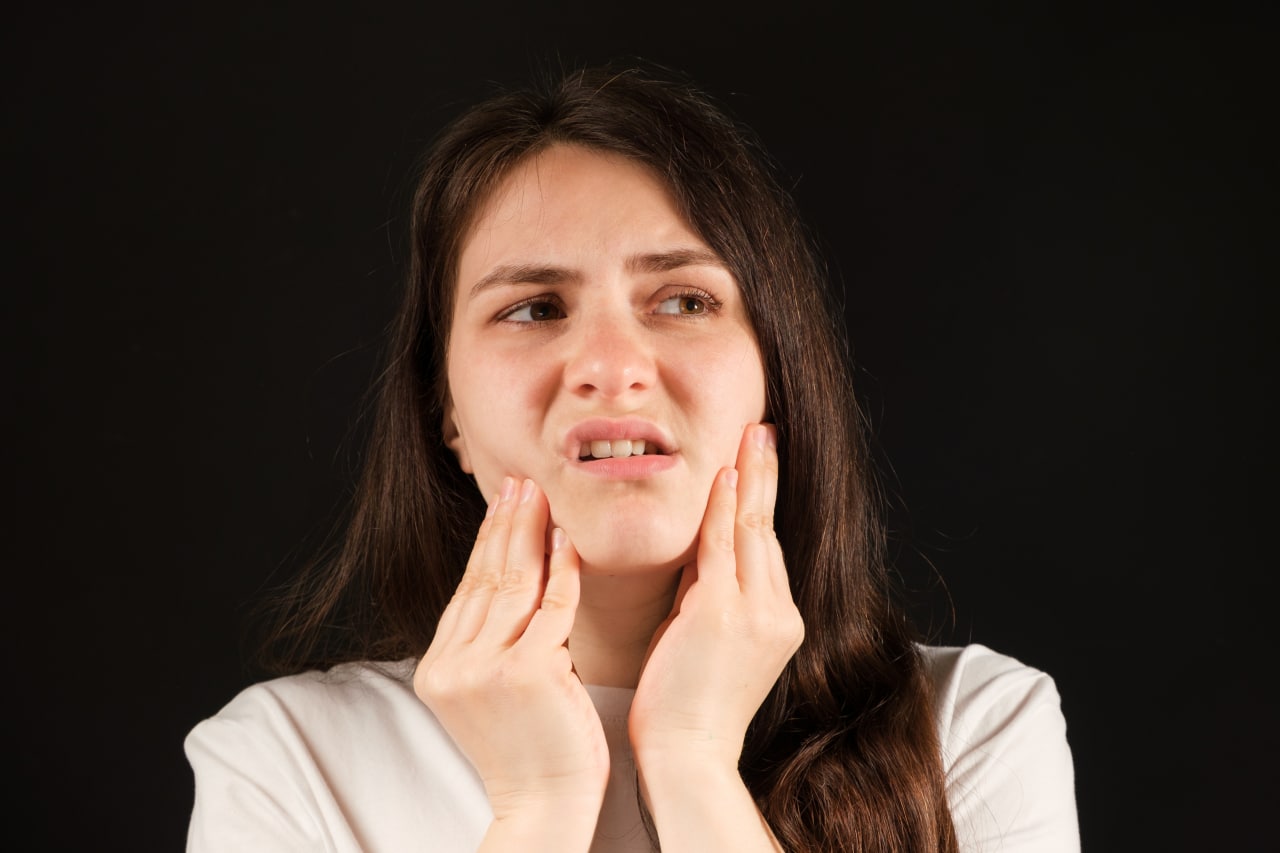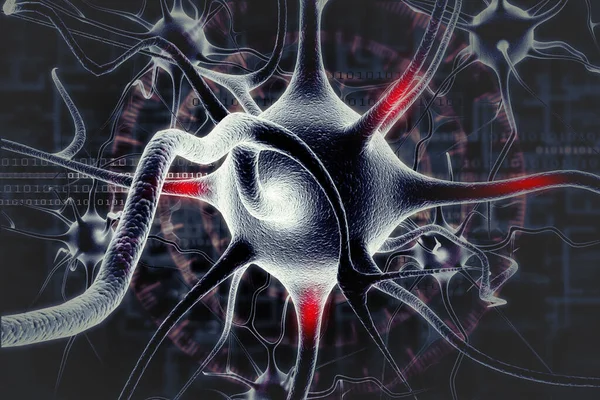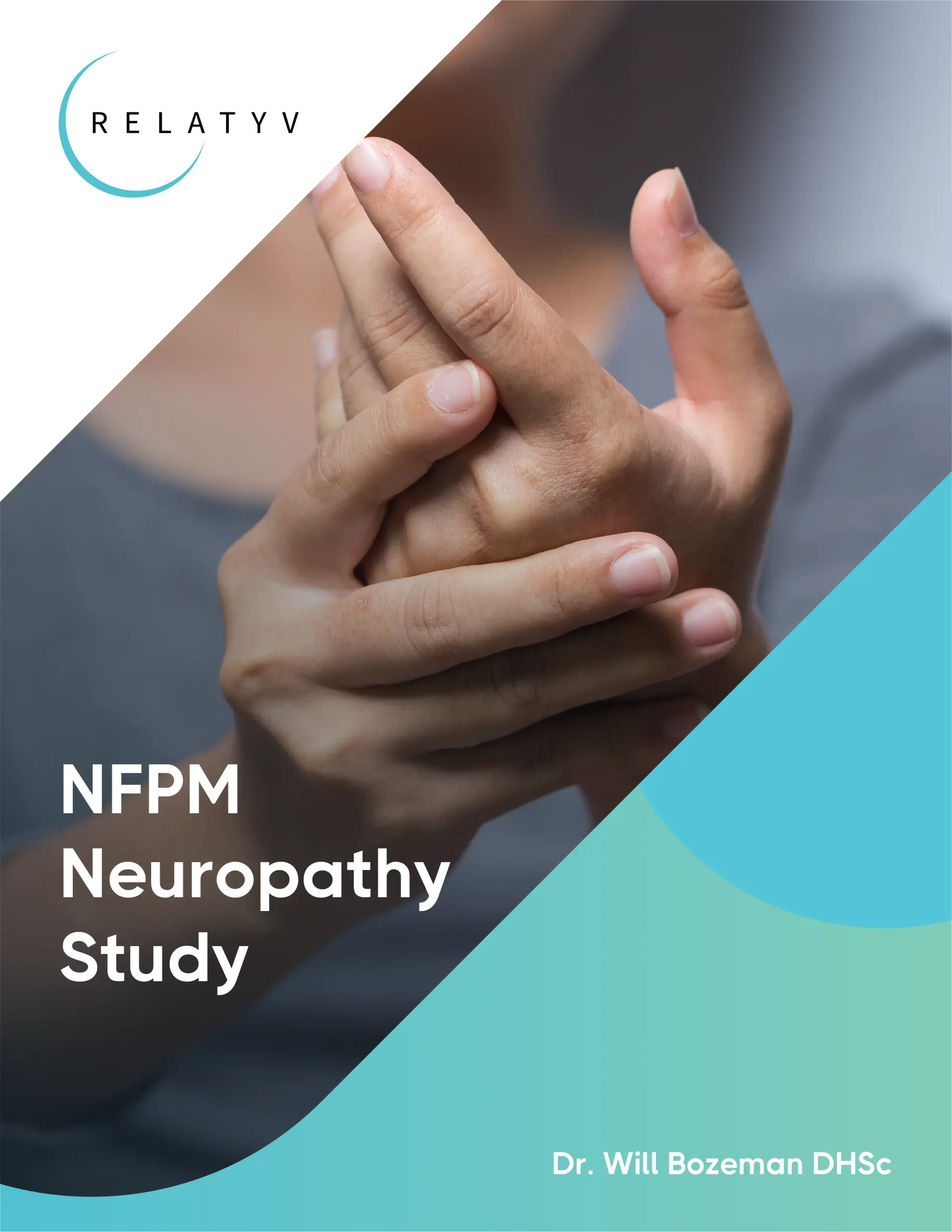Living with TMJ can be incredibly challenging. After all, this disorder affects the temporomandibular joint, which plays a massive role in being able to move your jaw. As such, symptoms can be exacerbated when you eat, talk, or yawn. If you have the symptoms of TMJ, such as clicking or popping sounds from your jaw, aching pain in the ear and face areas, as well as difficulty trying to open or close your mouth, odds are you’re trying to determine what’s wrong and how you can treat it.
However, even if you think that your symptoms match those of TMJ, you must get a proper diagnosis to get the appropriate treatment.
What is Temporomandibular Joint Disorder?
TMJ disorder is a condition that affects the joint responsible for connecting your lower jaw to your skull called the temporomandibular joint. This joint lets you move your jaw up and down, side-to-side, backward, and forward. When this joint is functioning correctly, the movement of your jaw should be smooth and painless.
TMJ disorder causes a disruption in the movement of the joint, resulting in pain and other symptoms. There are many things that could lead to the development of TMJ. As a result, one of the reasons you should get professionally diagnosed if you have TMJ is to determine the root cause.
Causes of TMJ Disorder
The causes of TMJ disorder vary, but they often stem from dental issues such as misalignment and bite problems. Other possible causes include facial or jaw injuries, arthritis, stress, and excessive strain on the joints and muscles in the jaw that control chewing, swallowing, and speech. Each of these causes can lead to inflammation in the temporomandibular joint, which causes disruption in the movement of your jaw. The following are some more details of the most common causes of TMJ:
Broken or Dislocated Jaw
You can experience a dislocation or fracture of the jaw if you suffer from an accident, fall, or other sudden impact on your face. This is especially likely with contact sports such as boxing, football, and hockey. The trauma of dislocation can cause the joint to become misaligned or even broken, disrupting the jaw’s movement.
Arthritis in The Joint
Arthritis is a medical condition that can affect many different joints throughout your body, including the temporomandibular joint. It can cause inflammation and stiffness in your jaw joints, leading to pain and difficulty opening or closing your mouth. Over time, this can cause a misalignment of the jaw, which can cause difficulty chewing or speaking. Additionally, the joint may become swollen and tender, making it more challenging to move your jaw.
Stress and Bad Habit
Stress and bad habits can also play a role in the development of TMJ disorder. When people are dealing with anxiety, they often grind or clench their teeth. This can cause strain and tension in the jaw muscles and joints. When this happens frequently or for prolonged periods of time, it can cause inflammation and misalignment in the jaw, which can cause symptoms such as clicking or popping sounds from your jaw, aching pain in the ear and face areas, as well as difficulty with opening or closing your mouth.
Improper Teeth Alignment
Malocclusion is when the two top and bottom sets of teeth do not meet properly when you bite down. If your teeth aren’t properly aligned, it can cause strain on the jaw muscles and joints when you open and close your mouth. This can lead to inflammation in the temporomandibular joint, resulting in the development of TMJ disorder.
Symptoms of TMJ Dysfunction
In general, the symptoms of TMJ can be diagnosed and observed by the patient. For example, they may experience discomfort in the jaw area when chewing or doing other jaw movements. However, there are lots of symptoms that are associated with TMJ you should be aware of. By being able to recognize these symptoms, you can be more proactive in seeking a diagnosis and the appropriate treatments:
Pain or Tenderness around Jaw
The most common TMJ disorder symptom is pain or tenderness around the jaw, which can range from a dull ache to sharp, stabbing pain. Pain or tenderness can affect one side or both sides of the face. Additionally, the pain may be persistent or intermittent and may worsen with specific movements or activities.
Pain Spreading to Face and Neck
The pain associated with TMJ disorder may also spread from your jaw to the face and neck. It can cause aching in the ear, temple, and cheek areas, as well as pain in the neck muscles. Pain can spread in this way due to the muscles and nerves in those areas being connected to the temporomandibular joint.
Limited Jaw Movement or Locking of The Jaw
When the temporomandibular joint is misaligned or inflamed, it can cause a restriction in movement. This may include an inability to open the mouth wide or a feeling of tightness when trying to move the jaw. Additionally, it may cause the jaw to lock in one position, making it impossible to open or close the mouth. This issue can last for a few seconds or several minutes.
Clicking and Popping Sound Accompanied by Pain when Closing and Opening Mouth
When the temporomandibular joint becomes misaligned, it can cause a clicking or popping sound when closing and opening the mouth. This is often accompanied by pain or discomfort. While clicking and popping can indicate TMJ disorder, not everyone who experiences this symptom will have TMJ disorder. It’s more likely a TMJ disorder symptom if you also experience pain.
Misalignment of Upper and Lower Teeth
When the temporomandibular joint becomes misaligned, it can cause the upper and lower teeth to be out of alignment when you bite down. Additionally, it may make it difficult to open and close your mouth or cause the jaw to shift from side to side when moving it. If you notice such symptoms, getting them checked out by a professional is essential.
Dizziness, Ringing in the Ears, Hearing Loss
TMJ disorder can also cause other symptoms, such as dizziness, hearing loss, ringing in the ears, and headaches. These symptoms are caused by the same misalignment in the temporomandibular joint that causes the other TMJ disorder symptoms. This is because the jaw joint is connected to nerves in the head and neck that can be affected by misalignment.
Jaw Locking
When the mouth opens, the lower jaw moves and separates from the temporal bone of the skull. But when this natural movement is limited due to pain or discomfort, it’s known as jaw locking. This condition can cause significant limitations in a person’s...
Misalignment Of Upper And Lower Teeth
Malocclusion is a common dental condition in which the upper and lower teeth don't fit together correctly when the mouth is closed. This misalignment can cause problems with bite, speech, jaw function, tooth decay, and gum disease; it might even lead to...
Crepitus
Crepitus, which is the term used for the grating sensation that affects your joints, often indicates a more significant underlying problem. It is the crunching, cracking, or popping sound and sensation felt when your joints move. It can be caused by...
Dull Headache
Although many people will try to treat their dull headaches using over-the-counter (OTC) pain medications, doing so may not offer long-term relief. OTC medications only provide temporary relief from the symptoms and don’t treat the root cause. In addition,...
Diagnosing Disorder on Temporomandibular Joint
Diagnosing TMJ disorder often requires multiple tests and examinations to diagnose accurately. The first step in the diagnosis usually involves a physical inspection of the face, neck, and jaw to identify any signs or symptoms that could indicate TMJ disorder, such as tenderness or pain when moving the jaw or a visible misalignment of the jaw. The doctor will also ask about any specific symptoms you’re experiencing, as well as any medical history and lifestyle factors that could be contributing to the symptoms.
The doctor will likely order various diagnostic tests, including:
- Dental X-rays: These can help identify any misalignment or damage in the jaw joint and any changes in the teeth.
- MRI: This imaging study can identify any signs of inflammation or damage in the temporomandibular joint.
- CT scan: This test can detect any abnormalities in the temporomandibular joint or surrounding areas that could be causing the symptoms.
- TMJ arthroscopy: This is a procedure in which a small camera is inserted into the joint to get a closer look at any damage or misalignment that could be causing the symptoms.
Treatment Options for TMJ Dysfunction
There are several ways that TMJ disorder can be treated. How you treat the condition depends on the type of symptoms and their severity, as well as the doctor treating you. Some doctors will prescribe more conventional treatments. We use a whole-person approach to treating TMJ. As such, we avoid potentially risky treatments, focusing on a NFPM treatment plan instead.
That being said, the following is a rundown of all of the potential treatments for TMJ, including traditional and non-traditional treatments:
Physical Therapy, Medications and Home Remedy
Physical therapy is often used to treat TMJ disorder. This includes a range of exercises and stretches designed to help relax the jaw muscles and restore proper alignment. Many doctors will also prescribe various medications and home remedies that patients can do themselves.
Wearing Mouth Guard
If the doctor suspects that grinding or clenching your teeth at night contributes to the TMJ disorder, they may recommend wearing a mouthguard while sleeping to protect your teeth from the strain.
Jaw Exercises
Physical therapists may also recommend exercises and stretches to help relax the jaw muscles and improve the range of motion. This can help improve the alignment of the temporomandibular joint, which can help relieve pain and reduce the frequency of other symptoms.
Counseling
Lifestyle counseling can help identify and address any psychological factors contributing to the TMJ disorder. These could include stress, depression, anxiety, or other psychological issues. We implement lifestyle counseling as part of our whole-person approach to TMJ treatment.
Over-the-Counter Medications & Steroids
Over-the-counter (OTC) medications, such as acetaminophen or ibuprofen, can sometimes help to reduce symptoms of pain and inflammation associated with TMJ disorder. Additionally, a doctor may also prescribe oral steroids to help reduce inflammation and swelling in the temporomandibular joint.
However, it’s important to understand that medications are only effective at addressing the symptom and not the underlying cause. Not to mention, some of these medications can carry a risk of side effects.
Invasive Treatments
If your doctor determines your symptoms are severe, they may recommend a more invasive treatment. In general, invasive treatments should be a last resort as they can carry a higher risk of complications. These treatments include:
Arthrocentesis
Arthrocentesis is when the doctor inserts a needle into the joint and removes excess fluid. This can help reduce inflammation and improve mobility. The risk of complications is fairly low, but it can cause minor pain and bruising at the injection site.
TMJ arthroscopy
TMJ arthroscopy is a more invasive procedure in which the doctor inserts a small camera into the joint to take pictures of the inside of the joint. This can help identify any damage or misalignment causing the symptoms. Because this procedure requires inserting instruments into the joint, there is a risk of complications, such as infection or damage to the joint.
Open-joint Surgery
Open-joint surgery is a last-resort treatment for TMJ disorder. This invasive procedure involves making an incision in the jaw and physically repairing any damage or misalignment in the temporomandibular joint. This is a major surgery, and there is a risk of complications, including infection and nerve damage. Not to mention, it can sometimes take a while for the patient to recover from this type of surgery.
Non-Surgical Treatments
Non-surgical treatments are generally the preferred treatment for TMJ disorder. These treatments can be just as effective at managing your symptoms without the risks. They include the following:
Neurofunctional Pain Management (NFPM)
NFPM is a type of treatment focusing on addressing the root cause of pain rather than just managing the symptoms. As a result, you’re more likely to achieve long-term relief from chronic pain — including pain caused by TMJ. The RELATYV Mobile Pain Management protocol utilizes the NFPM approach that includes electroanalgesia, IV therapy, and lifestyle counseling.
TENS Unit Therapy
Transcutaneous Electrical Nerve Stimulation (TENS) is a type of therapy that uses electrical stimulation to reduce pain. TENS provides pain relief by sending electrical signals to the nerves in the affected area to block pain signals to the brain, stimulate endorphins, and improve circulation to reduce inflammation. TENS therapy can be beneficial, but it’s typically only effective for short-term relief due to the low pulse rate at which TENS units operate.
Viscosupplementation
Viscosupplementation is a type of treatment that involves the injection of viscoelastic liquids (such as hyaluronic acid) into the joint to reduce inflammation and improve mobility. Viscosupplementation can be effective in treating TMJ disorder, and the risk of complications is low. However, the results may not be long-lasting, and the treatment needs to be repeated periodically for continued relief.
Natural Therapy
Natural therapy, such as acupuncture and herbal remedies, may also benefit TMJ disorder. Acupuncture can help improve circulation and reduce inflammation. Herbal remedies can help reduce stress and anxiety contributing to TMJ disorder. However, it’s essential to understand that these treatments are not always proven effective for TMJ disorder, and you should consult with a doctor before trying them.
Take Care of Your Jaw Health Well
TMJ disorder can be a painful and debilitating condition, but there are treatments available to help manage your symptoms. RELATYV Mobile Pain Management protocol utilizes a whole-person approach to TMJ treatment that includes lifestyle counseling, electroanalgesia, and IV therapy to help address the root cause of your condition and help provide long-term relief.
Diagnosed with a TMJ disorder? Learn how we can manage the symptoms of your condition.





